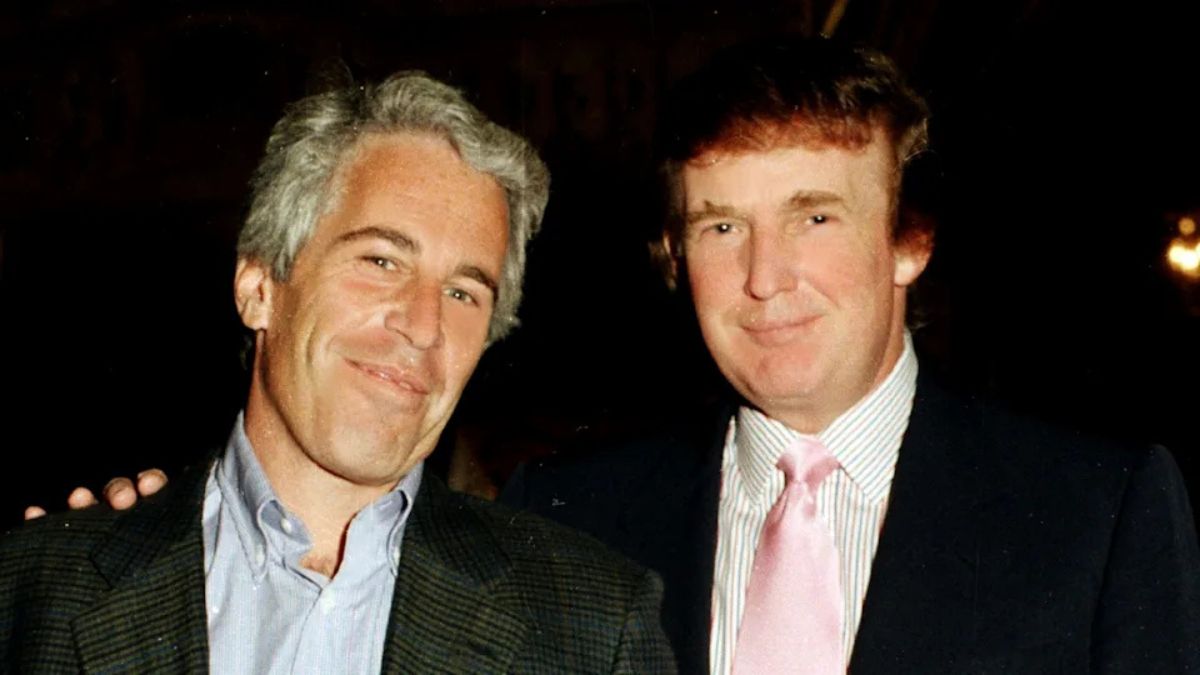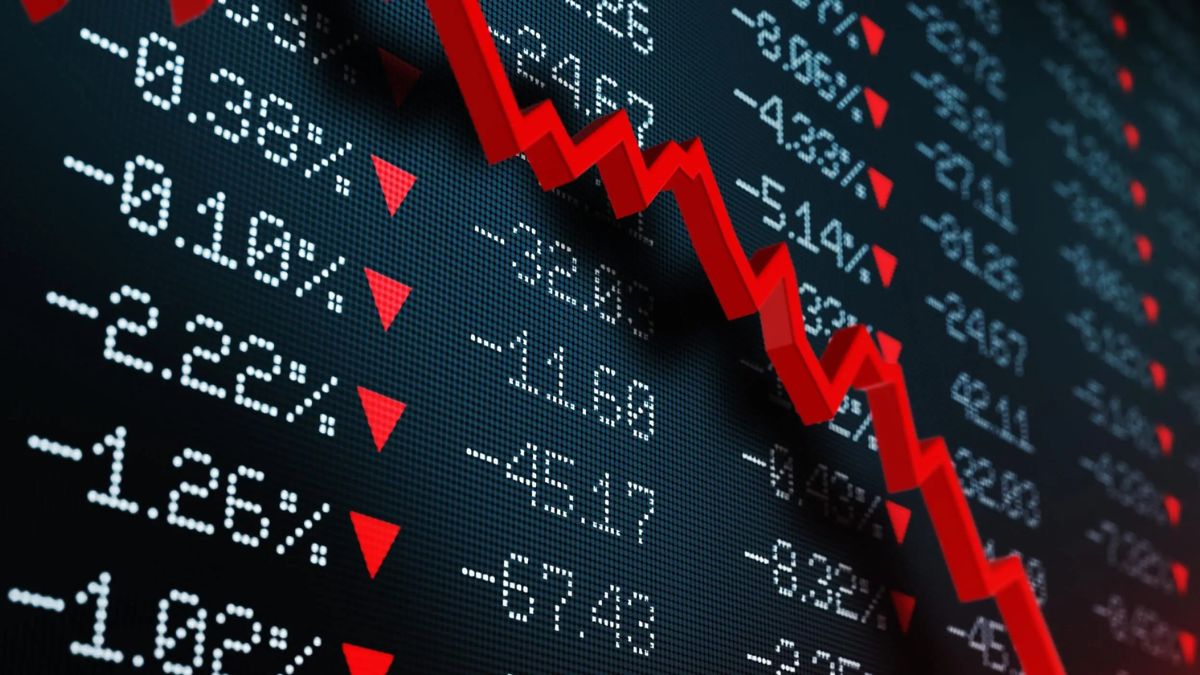Tesla stock saw a significant decline of 6% on Tuesday, extending a downward trend that has lasted for five consecutive days, resulting in a $200 billion loss in market cap.
The drop came on the heels of several factors raising concerns about the company’s future prospects.
BYD’s Partnership with DeepSeek and Increased Competition
The main catalyst for Tesla’s stock decline was the announcement by Chinese rival BYD, which unveiled plans to develop autonomous vehicle technology in collaboration with DeepSeek.
This new partnership signals increased competition in the autonomous driving sector, where Tesla’s Autopilot has long been a leader.
Unlike Tesla’s vehicles, which still require human drivers behind the wheel, BYD aims to offer fully automated driving systems in a significant number of its upcoming models, including 21 vehicles featuring partial automation for functions like automatic parking and highway navigation.
This move comes as a direct challenge to Tesla, which has been racing to roll out its own “Unsupervised Full Self-Driving” technology, with plans to launch a driverless rideshare service in Austin, Texas, by June 2025.
Musk’s Growing Distractions
In addition to the growing competition in the autonomous vehicle space, Elon Musk’s other ventures have raised concerns among Tesla investors.
Musk, who leads Tesla, SpaceX, and social media company X, has also been heavily involved with the Trump administration and now has reportedly led a $97.4 billion bid to take control of OpenAI. Investors fear that these distractions may take his focus away from Tesla’s innovation and growth.
Oppenheimer analysts expressed concern that Musk’s attention on OpenAI, combined with his commitments elsewhere, could hurt Tesla’s profitability, especially as the company faces more competition in the autonomous driving space. They also noted that Musk’s political engagement with the Trump administration might alienate certain consumer and employee demographics.
Market Reaction and Future Outlook
Tesla’s stock slide continues to reflect growing investor uncertainty about the company’s future, as it navigates heightened competition from both traditional automakers like BYD and autonomous vehicle leaders like Alphabet’s Waymo.
Meanwhile, analysts from Morgan Stanley and Oppenheimer have expressed concerns over Tesla’s ability to maintain its profitability amidst these challenges.
Tesla’s stock is now down nearly 17% over the past five days, a trend that shows the market’s growing unease over the company’s competitive positioning and Musk’s external ventures.
The coming months will likely reveal whether Tesla can maintain its dominance in the EV market or whether rising rivals will erode its market share.












Leave a comment